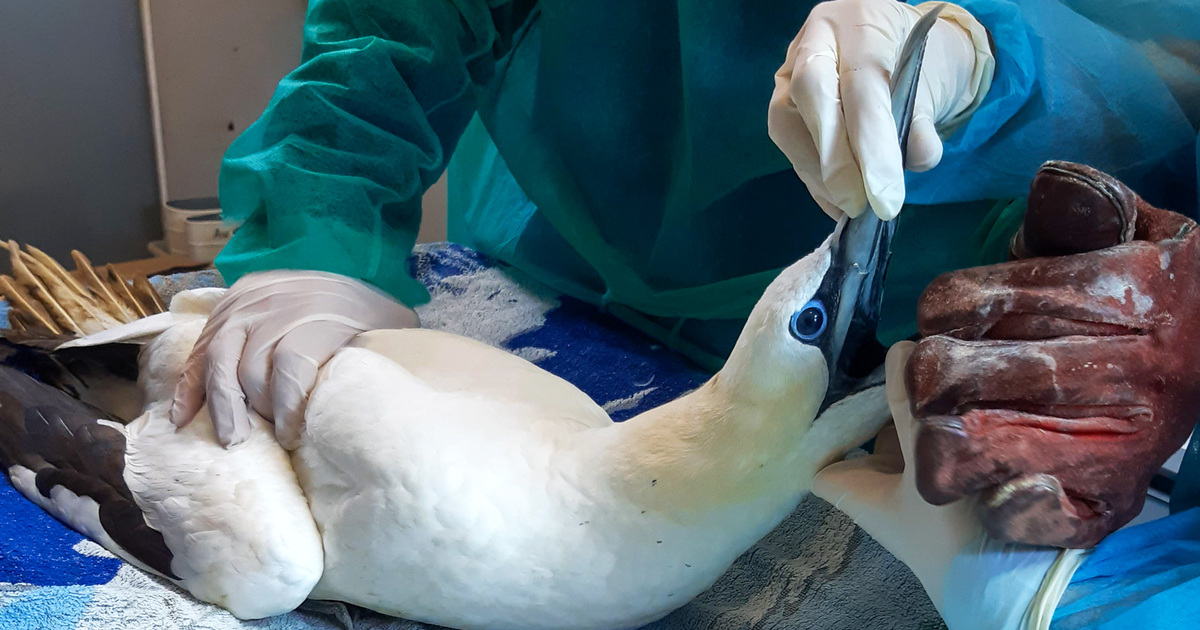
Hundreds of thousands of people have been impacted by these storms and floods, having no access to portable water or electricity, and some had to evacuate from their homes. A lot of animals drowned, and many farms were impacted as well, with infrastructure and food storage destroyed. On some farms, where the electricity was out for days, dairy cows could not be milked regularly, causing them to suffer and putting them at risk of death. Also, many sheep were swept away by the flood waters, having no safe place to shelter anymore, suffering injuries, and drowning.
As humanitarian efforts are underway, IFAW is preparing to rush emergency support to wildlife rescue centers and other animal organizations in France.
Since the storms occurred much earlier in the year (late October/early November instead of December), they also affected the peak moment of migratory seabirds on their way to Western Africa. This caused many strandings on Western shores in the Nouvelle-Aquitaine region, as the birds became exhausted from the strong winds. One of these birds is the European storm petrel (Hydrobates pelagicus), which is the smallest seabird in Europe –weighing less than 30 grams, but with an average lifespan of 30 years– and a protected species.
Other wildlife in care at wildlife rescue centers was also impacted. For instance, at a turtle and tortoise rescue center in Bretagne, enormous gusts of wind caused roof sheets to become undone and crash into the center, damaging animal enclosures and other facilities on-site.
With another depression front making its way to Northern France, there are major concerns for additional impact on the people and animals who are already suffering so much in this disaster.
IFAW is committed to help animals in need. Stay tuned for more updates on our response in France.
